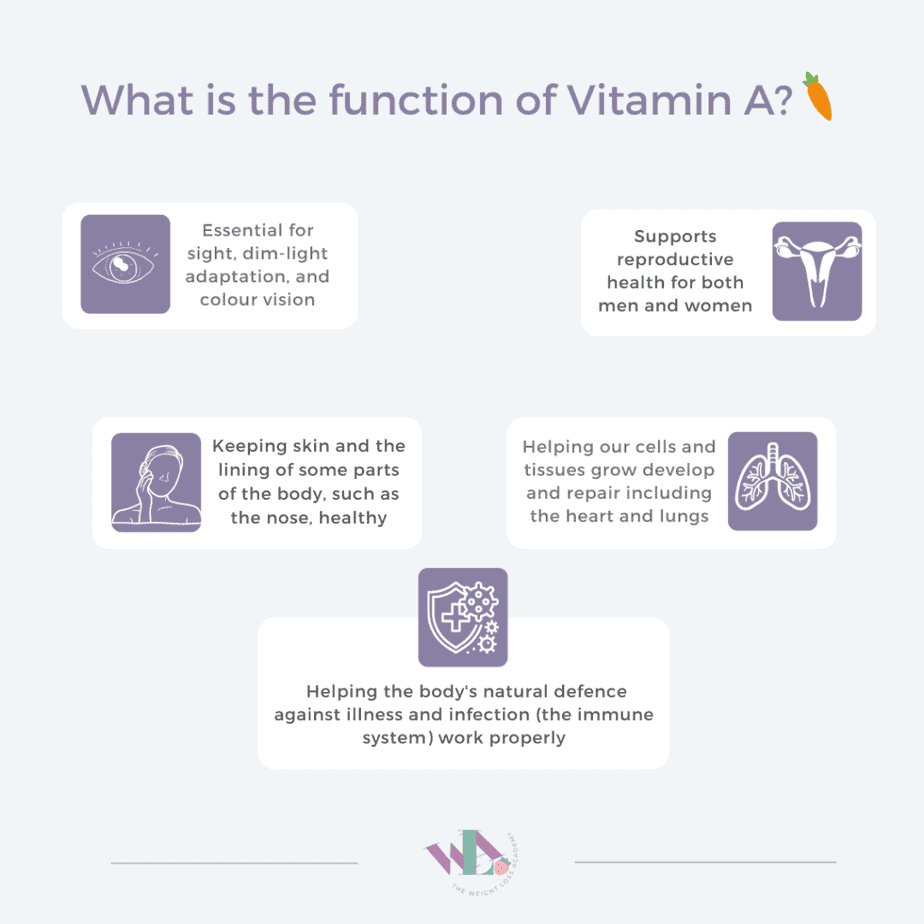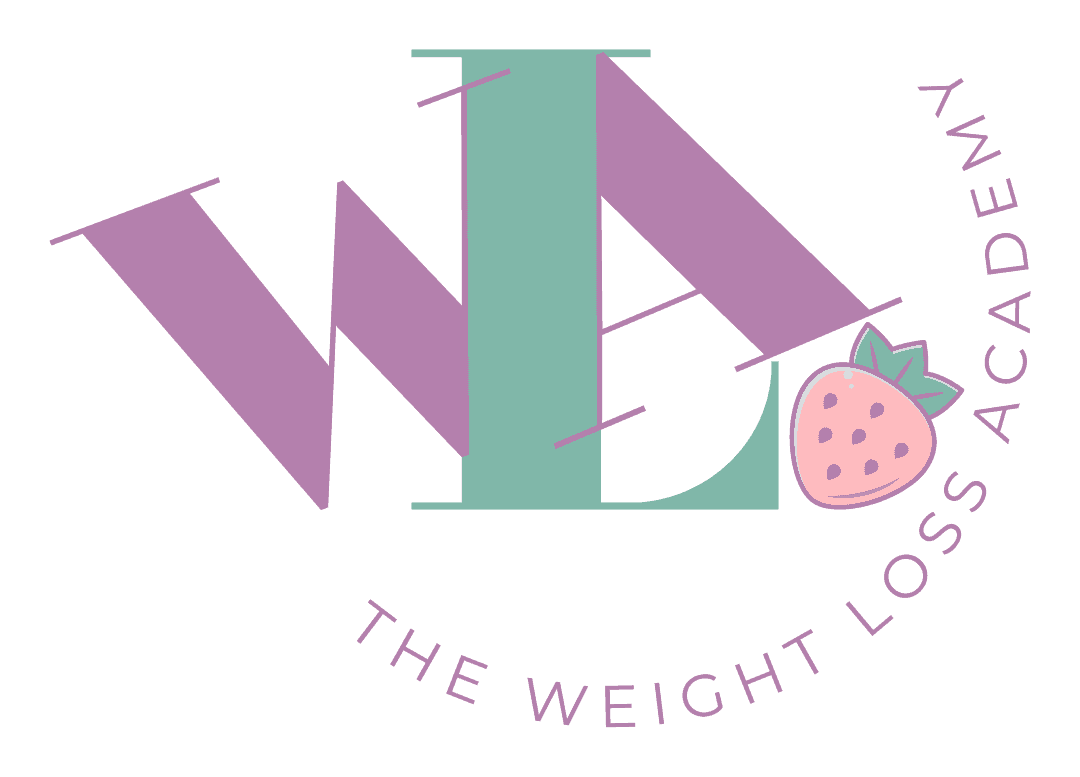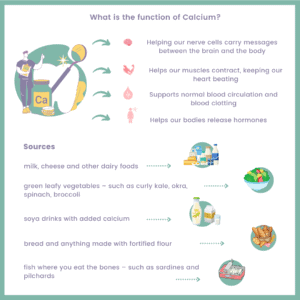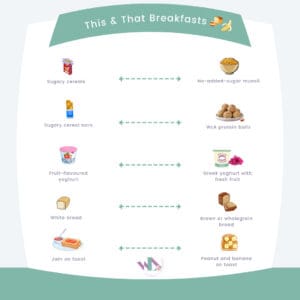
In a previous post, we have given you information on the difference between water-soluble and fat-soluble vitamins. We now want to go into a bit more detail for each vitamin and explain what each vitamin does, the food sources and how much you need. First up is Vitamin A.
🔍 What is the function of Vitamin A?
Vitamin A or Retinol is a fat-soluble vitamin and can be stored in the liver. Vitamin A has several important functions, these include:
👀 Essential for sight, dim-light adaptation, and colour vision
👶 Supports reproductive health for both men and women
🦠 Helping the body’s natural defence against illness and infection (the immune system) work properly
❤️ Helping our cells and tissues grow develop and repair including the heart and lungs
👃 Keeping skin and the lining of some parts of the body, such as the nose, healthy
Where does it come from?
We obtain Vitamin A from two main sources: Pre-formed vitamin A (Retinol) and Pro-vitamin A Carotenoids (mainly beta-carotene)
🧀🐟 Pre-formed vitamin A (Retinol) is only found in animal foods such as cheese, eggs, oily fish, milk and yoghurt, liver and liver products such as liver pâté.
🥕🥭 Carotenoids or beta-carotene are only found in plant sources such as yellow, red and green (leafy) vegetables, such as spinach, carrots, sweet potatoes and red peppers. It is also found in yellow fruit, such as mango, papaya and apricots.
How much do you need?
The total vitamin A content of a food is usually expressed as micrograms (µg) of retinol equivalents (RE). The amount of vitamin A adults aged 19 to 64 need is:
600 µg a day for women
700 µg a day for men
You should be able to get all the vitamin A you need from your diet.
Fun Fact 👀
Did you know that it is only a semi-myth that eating carrots will help you see in the dark? A carrot’s main nutrient, beta-carotene (responsible for this root vegetable’s characteristic orange colour), is a precursor to Vitamin A and helps your eyes to adjust to dim light. It can’t give you superpowers for night vision or cure your dependence on contact lenses, but eating an adequate amount will support eye health.
Let us know how this helped you in the comments below.



